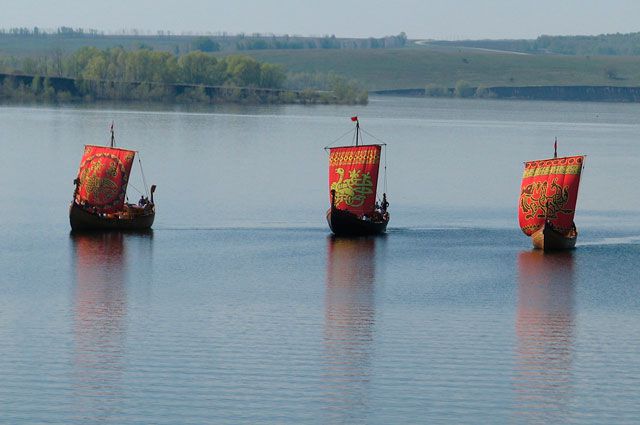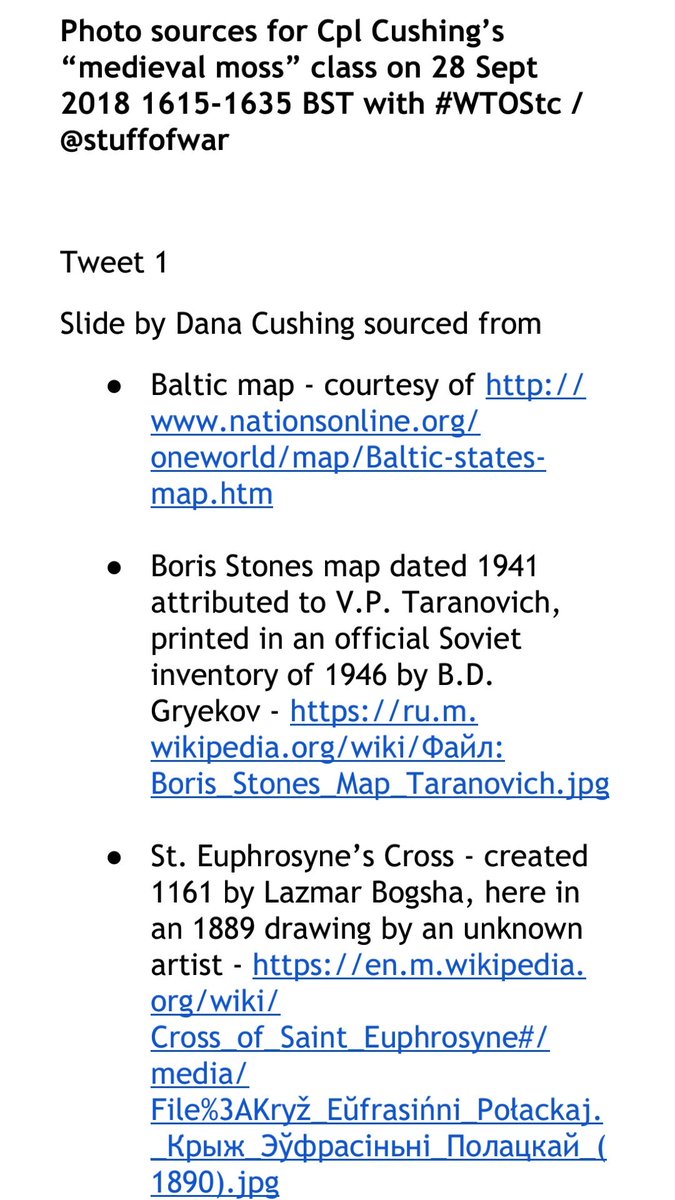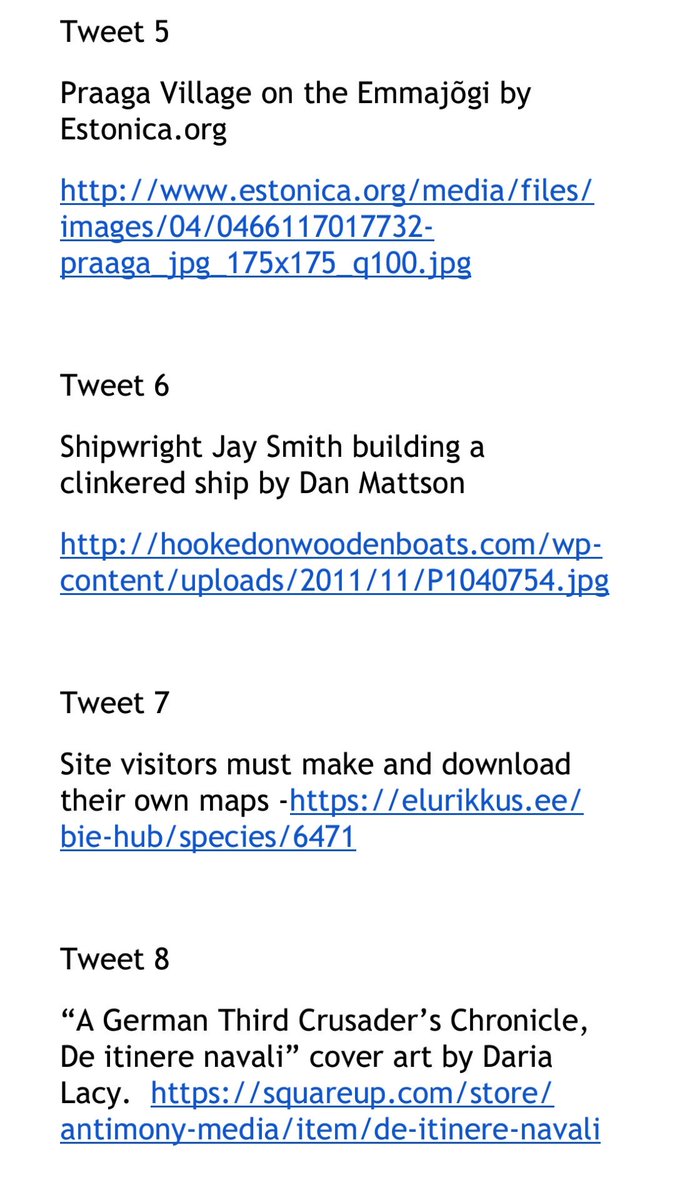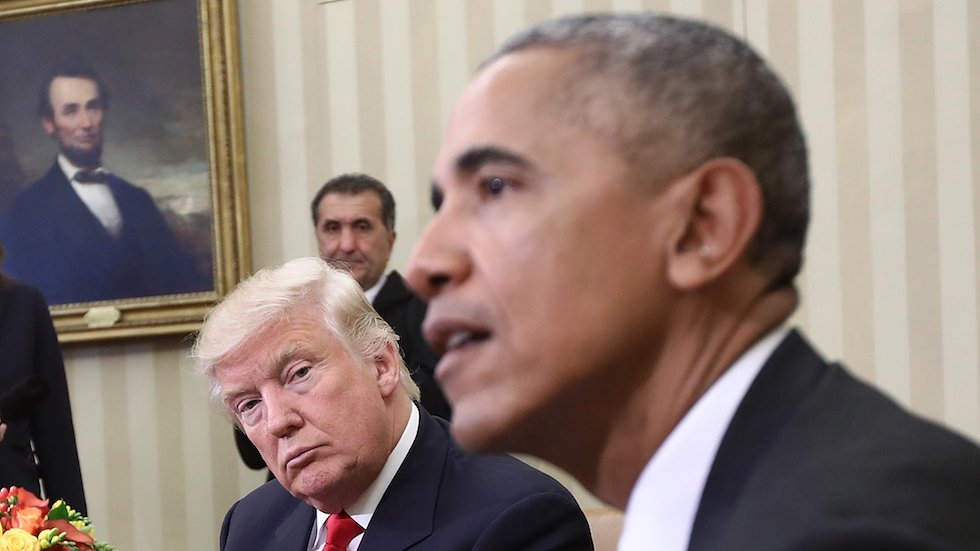The medieval formation & modern history of the Baltic States (Estonia, Latvia, & Lithuania) is a very intricate, difficult topic.
Sadly, key artefacts were deliberately blown up (Boris Stones) stolen (Euphrasia’s Cross) or erased (by propaganda or genocide)
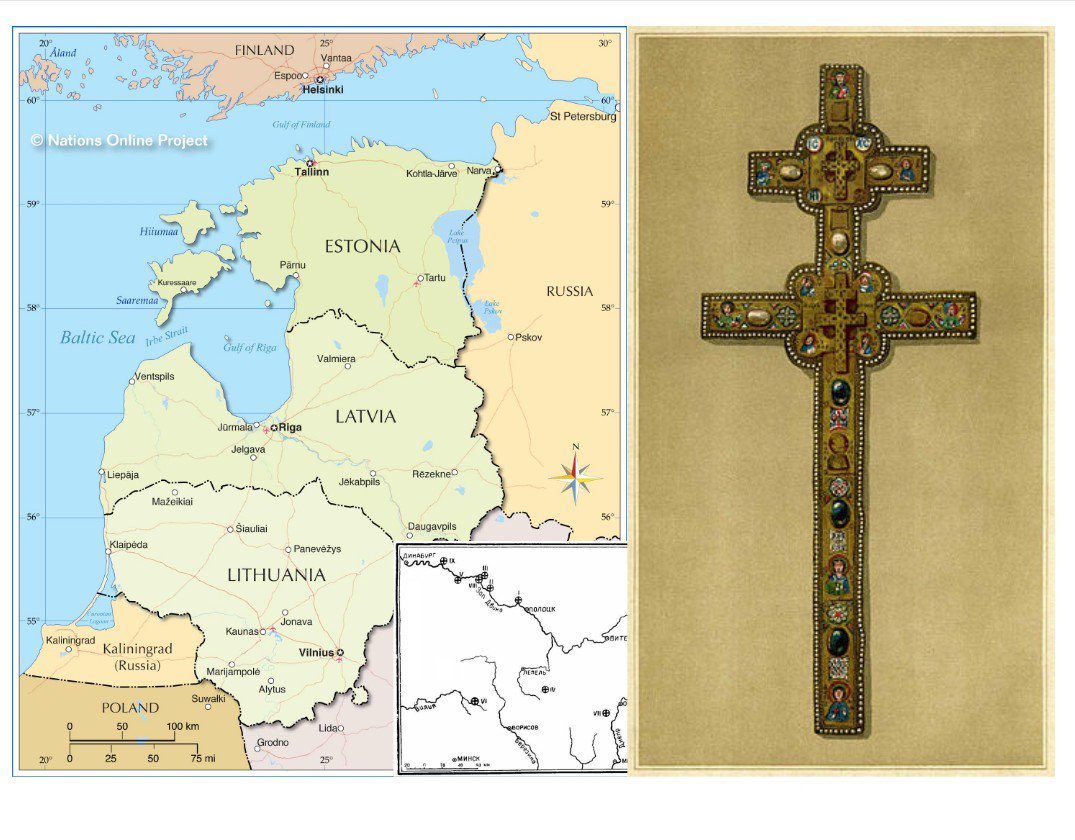
Yet of the COG remains its MOSS - polytrichum commune - flourishing all over the region.
Since Soviet studies had to ignore dendochronology (tree-ring dating) & Chernobyl’s radiation (=false chemical dating) & skirt the limits of KGB monitoring,& since 1992 each free
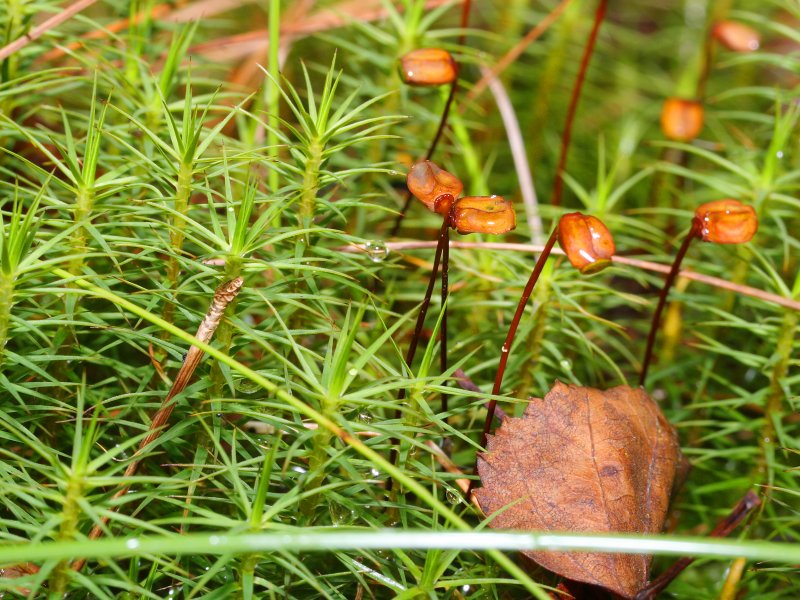
Baltic country is just now recovering both hidden histories (Countess von Przeździecki’s Latvian Terra Mariana from the Vatican) & secretly-kept skills (primitive cogs spotted on each side of the Estonian/Russian water border) meanwhile MOSS became a Baltic celebrity!
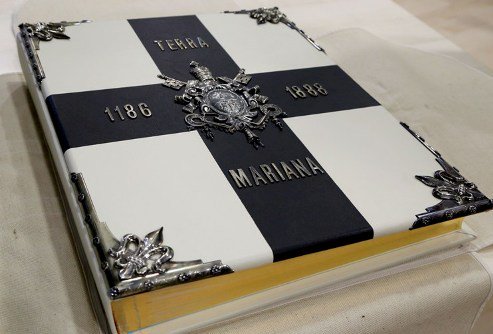
Botanists reported keenly on this moss' water-proofing characteristics in flooded villages - vital knowledge from medieval cogs built/fixed on Baltic sorties, using scavenged or scrap wood to stuff 40-80cm lengths of this easily-found, water-directing moss into any gaps
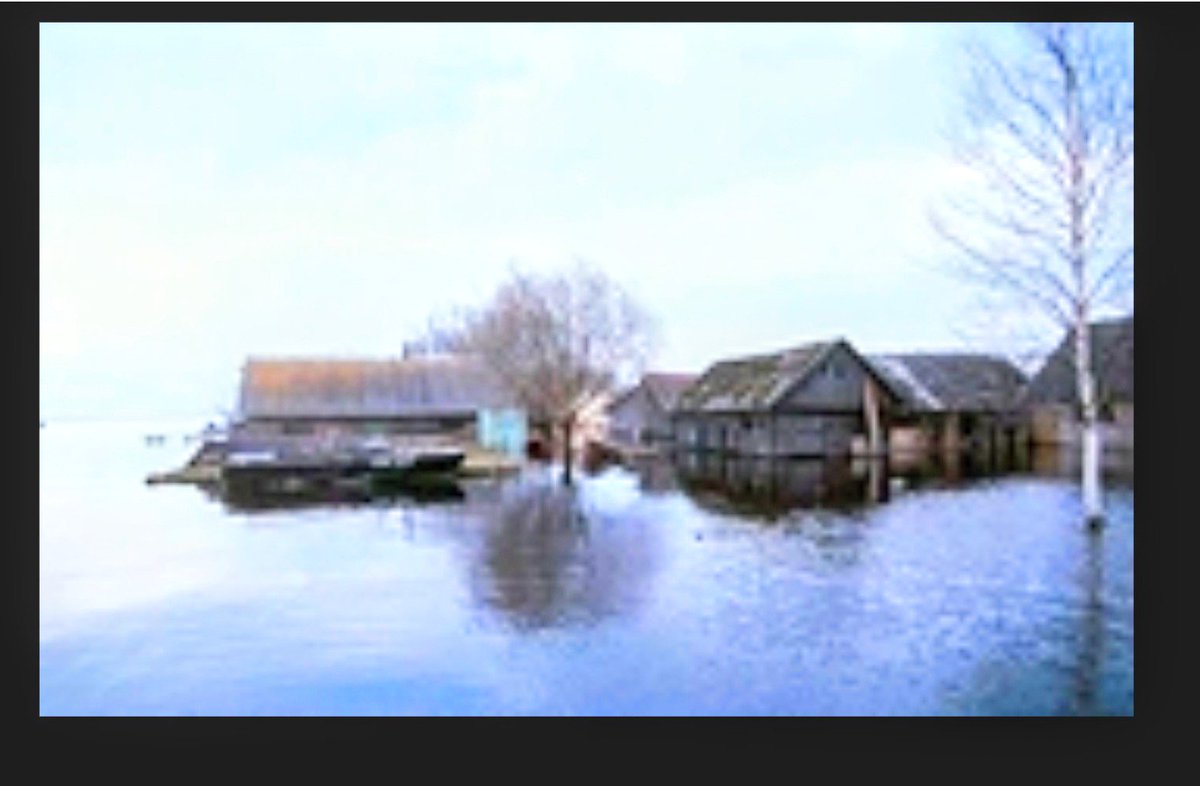
btw clinkered strakes (overlapping side-pieces) where scarfed (joined to make one long strake). And this MOSS is the best indicator of hydrogeologic instability (land becoming waterlogged) - useful knowledge for medieval people on the move & archaeologists seeking them.
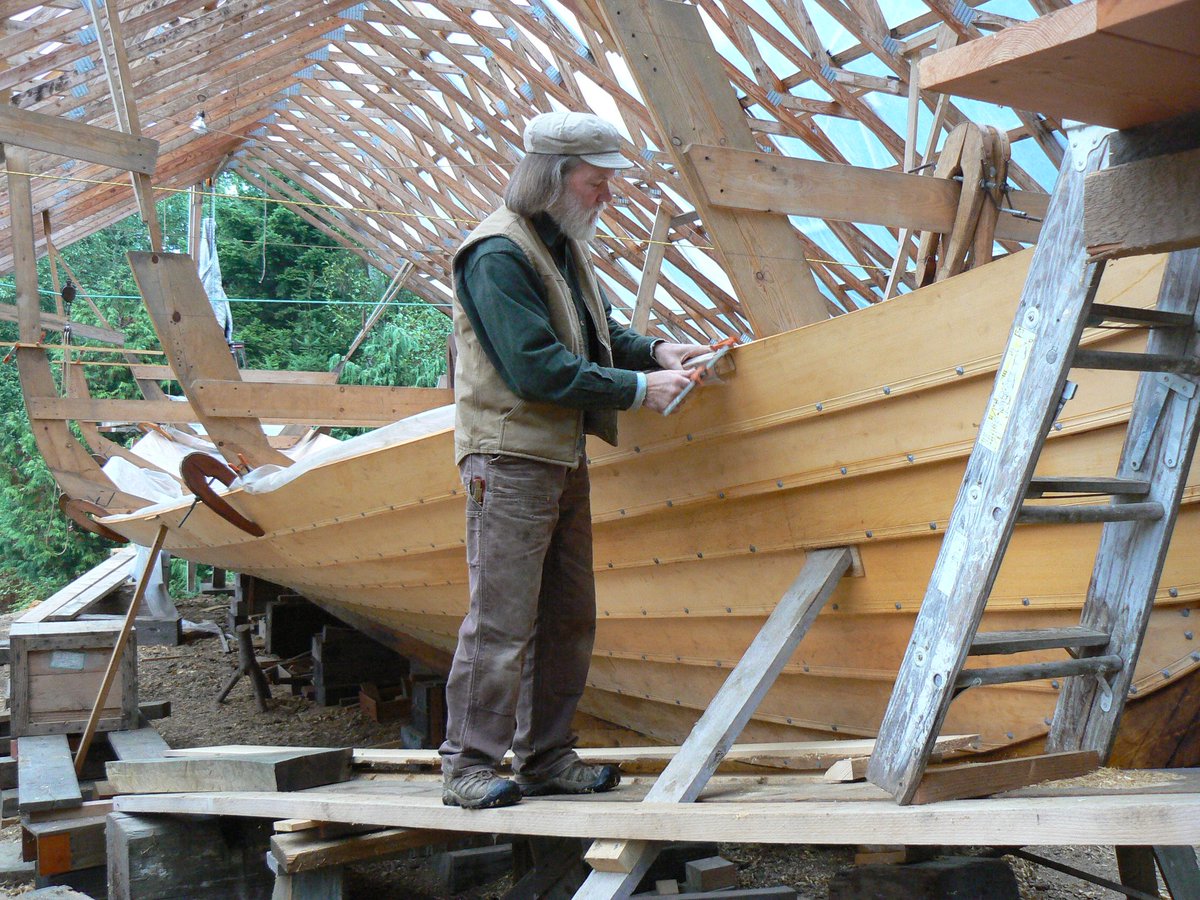
Estonians most likely said "ladja" or "jõmmu" for cogs. MOSS had many names - today this moss receives special EU #biology funds in #Estonia, where we see recovered pre-war studies & modern growth sites superimposed on a satellite map here - elurikkus.ee/bie-hub/specie…
In 2010 I used the "De itinere navali" chronicle to identify cogs from the western Baltic using the moss Polytrichum commune, of which 7 types still grow in the Riga-Tartu-Jerzika bioscape where a Slav chief was caught between Catholic & Orthodox raiding groups in 1210.
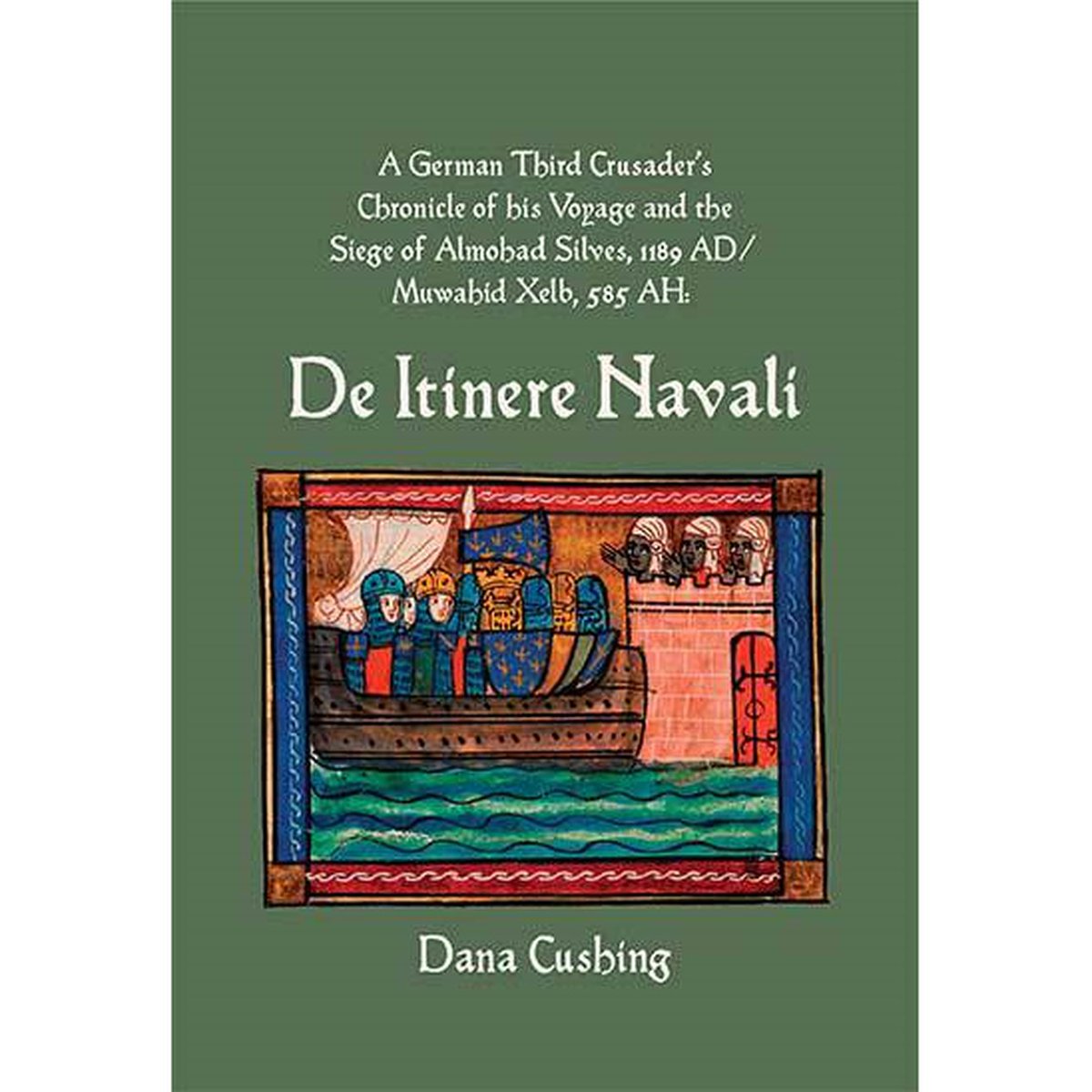
Please tweet questions during the break by copying the next line
#WTOStc @stuffofwar @RedQRedT
as my time’s up! Want to see my sources? Got more questions?
marines.academia.edu/DanaCushing
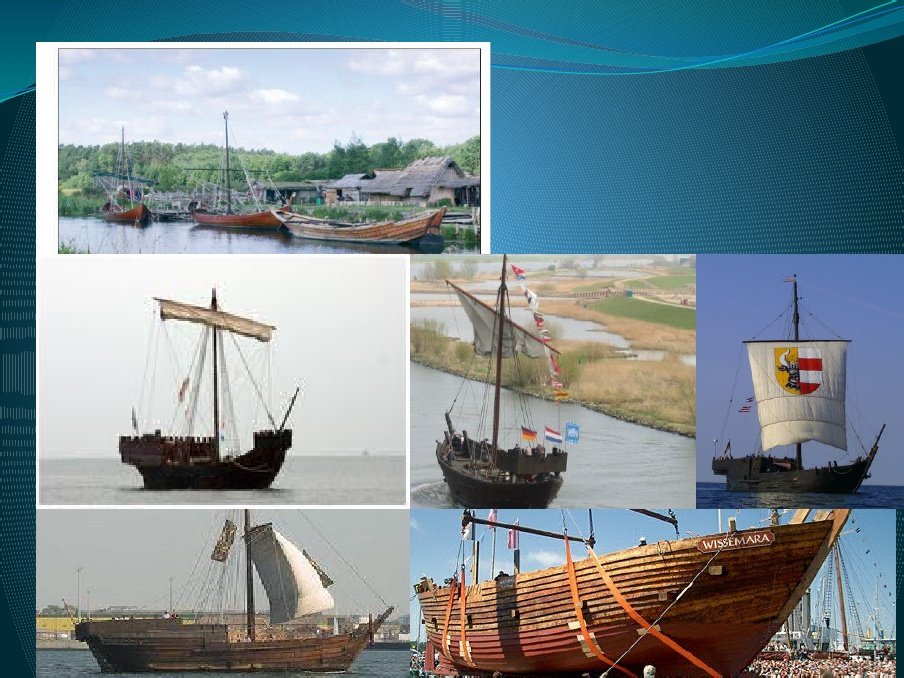
Thanks for spending your time & data to attend the 1st @stuffofwar symposium. I appreciate the opportunity to teach here - have a great weekend!
Got more questions? Need any #medieval or #Military #History help? Reply here or email using
marines.academia.edu/DanaCushing
